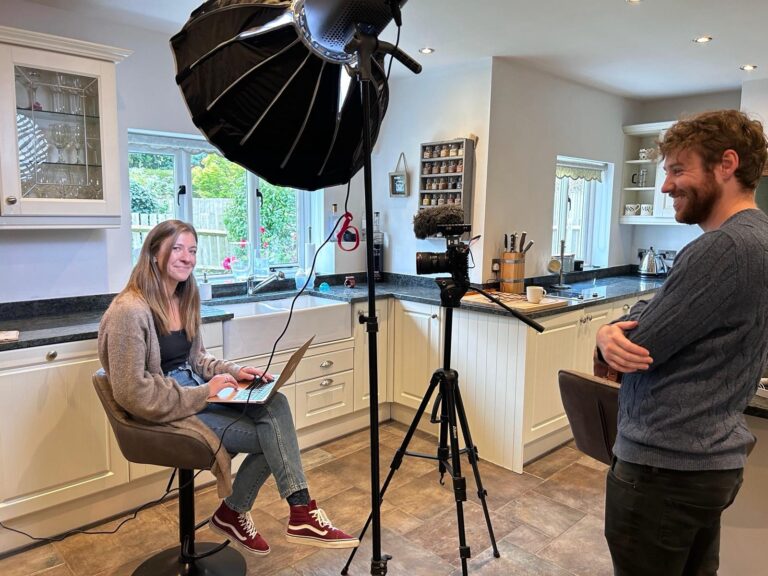I had hoped to be tapping out this email to you with laser-sharp vision, courtesy of my brand-new glasses.
My right eye has deteriorated significantly, and despite the noble efforts of the left to make up for it, a new prescription is what’s required.
The news was confirmed last week at my local Specsavers, and after confirming that I’m slowly going blind, the staff treated me to a masterclass of upselling, ending up with a bill around twice what I’d anticipated.
Payment made, I was told to collect my new specs at 9:30am on Monday, which I dutifully attempted to do this morning.
The timing wasn’t ideal – the Specsavers is a good half-an-hour drive from the office so my day would start rather later than I’d hoped – but as it was the best they could do, I had no real choice.
Upon arrival, I gave the guy on the desk my name and date of birth, received a blank look, and was awkwardly ushered to a seat and left there for about 15 minutes.
He finally returned, taking me to one of those little interview stations and informing me that the technician hadn’t finished with my lenses, so I couldn’t collect them.
I suspect from the aforementioned ‘blank look’ that quite apart from not having ‘finished’ them, production may not have even started, but the delay’s not the issue.
It’s the communication.
Delays crop up in all sorts of industries. Mistakes too, are a part and parcel of life and business.
The key is how you respond to them.
Had I received a call or text last night or this morning to say my glasses weren’t ready, I could easily have factored this into my plans.
Instead, I’d reorganised my entire morning around my Specsavers visit, and sacrificed time in the office, as it turns out, for no good reason.
The sales and marketing machine that got me into the store, got me to choose them, and got me to double my spend was fabulous.
But as soon as the card machine dinged, things went downhill.
It’s a useful reminder that the hard work shouldn’t stop when someone becomes a customer – getting them brings in revenue, keeping them and getting them to buy again? In most cases, that’s where the profit is.
Seb





